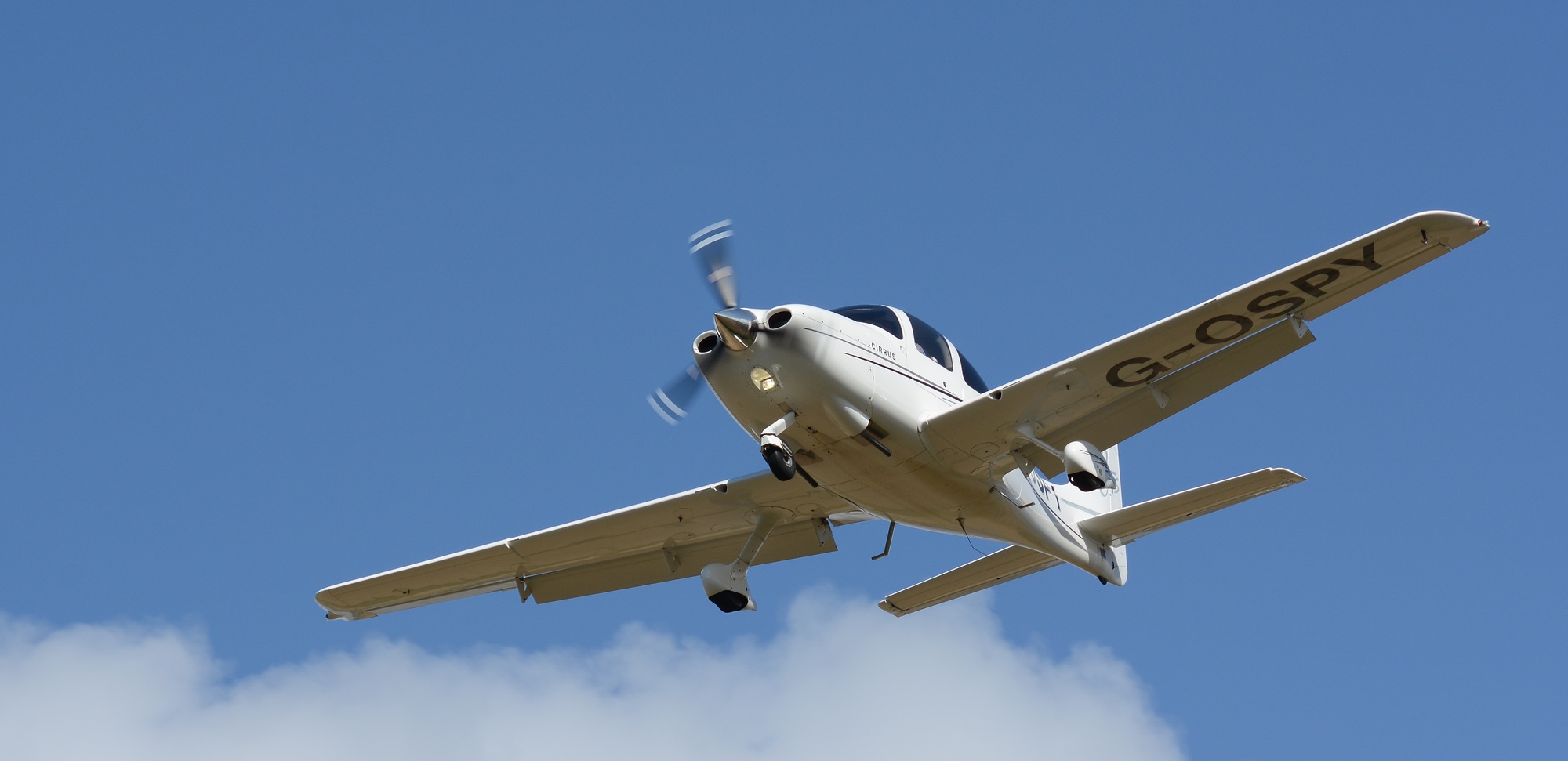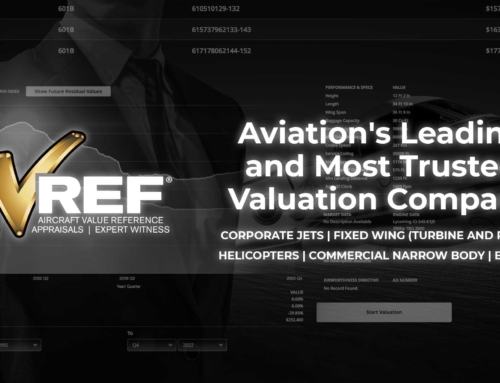Airplane Buyers Guide: Top 20 Tips For Beginners
In this airplane buyers guide, you will learn the top 20 tips that you need to know before you purchase your first plane.
Buying an airplane for the first time?
Not a lot of people can say that, so congratulations. Before you get the keys and take off, you’re going to need to make sure you know what to look for.
Many of the pitfalls of buying an airplane can be avoided by having discipline and doing research. You don’t want to sink your savings into something you’re not going to love. Follow the rules laid out here, and you’ll be up in the air in no time.
This is an airplane buyer’s guide. Here are 20 tips to follow when buying a plane for the first time.
1. Figure Out What You Need
One of the first things that you’ll need to consider when purchasing an aircraft is that not all of your needs will be met. The general rule is to have your plane do 90% of what you need and the other 10% can be found through renting.
Often, potential buyers will think they need more than they will. Try to think about what your definite needs are, and try to meet those first. Everything else is a bonus.
2. New Or Used?
Deciding on a new or used airplane is important. Going used can be enticing when cost is factored in, but there are many benefits to buying new. Lower interest rates, financing, and tax benefits can all save you money in the long run. The lower cost of maintenance should also be considered with new planes.
3. Stick to Your Budget
Make your budget and stick to it. Many plane buyers make a rough budget without knowing what the market will be like and end up paying more than planned. Don’t rush your purchase, you’ll find something.
4. Talk to Other Owners
Who better to talk to about buying a plane than someone who’s already done it? There are many associations for aircraft owners, and many dedicated to specific manufacturers. This is a great way to learn about the aircraft’s maintenance and performance before you buy.
5. Only Fools Fall In Love
Don’t get your heart set on the first plane that you see. It’s easy for buyers to get sucked in by an aircraft’s charm, but remember that there are other ones out there.
6. Light-sport Aircrafts
If you’re new to aviation then you should look into a light-sport aircraft. This is a more cost-effective way to fly and learn to fly.
7. Demo Flights
When demoing an aircraft, pay close attention to every detail of the performance. Know your stuff and take the salesperson’s advice with a grain of salt.
You’re the one forking over the money, so you should be paying attention to the settings and fuel consumption during a climb. Get an idea of speed with timed runs between checkpoints and have the test pilot show you the cruise power.
8. Business Use Deductions
It’s always a good idea to find out if you can apply for deductions. If you are using your aircraft for business purposes, there are tax deductions that can be made to save you money, especially if the plane is purchased new.
Talk to your tax person before you buy because the money you save in deductions can help you pay for any accessories or repairs in the future.
9. Calculate Future Costs
When you find a plane or two that you like, sit down and make a spreadsheet with all of the possible costs. Compare the variable and fixed costs of multiple planes so that you get the best deal in the long run.
10. Get Financing
It’s important to get financing approval out of the way before you start looking for a plane. In the event that you find something, you will want to be able to get things moving quickly. The first thing a seller will want to know is whether or not you have the money ready now.
Having the money prepared ahead of time also allows you, as the buyer, to make an informed and responsible decision without worrying if you have the money or not.
11. Factory Incentives
Having knowledge of factory incentives can aid you in your decision. Since it’s a buyer’s market, many dealers will offer incentives to get an edge on the competitor. Talk to aircraft brokers and do some research on individual manufacturers to find these deals.
12. Insurance
When you make your purchase, you’ll need insurance. You can either find insurance online or get insurance with the help of a broker. If you’re new to the aircraft ownership game, then having some help processing claims is advisable.
This should be done early in the process. Take time and get quotes online then talk to a professional to help you learn about different types of insurance.
13. Airplane Buyer’s Guide
Always use the online resources available to you. An airplane valuation tool can tell you the value of the plane you’re looking at. This will give you an idea of how much you’ll be spending.
14. Shared Ownership?
If you’ve got friends that are also interested in aviation and you’re hesitant to take on the cost of an airplane alone, consider shared ownership. It’s unlikely that you’ll be in the plane so much that you can’t can’t share it with someone else.
Make sure it’s someone that you trust and not someone you’ve just met.
15. Cost of Accessories
When you’re creating your spreadsheet, you should look at what a plane has and what accessories you may need to purchase in the future. The plane itself is just the starting point and add-ons can get pricey, so factor them into your budget.
16. Look Into Used Planes’ History
When buying used, make sure to get the serial number of the aircraft and look into its history. If you’re looking online, you’ll need to make sure that what you’re seeing in the ad is what you’ll actually be getting.
17. Dig Deep
There are many resources for buying planes, but it’s also good to take a look at local bulletin boards and marketplaces. It’s possible to find a diamond in the rough if you look off the beaten path.
18. Don’t Get Fooled
Take your time with this decision. Making a hasty purchase without looking under the hood, so to speak, can result in big-time repair costs down the road.
19. Do Your Research
The most important thing with all of this is that you need to do your research. Buying used or new both come with the responsibility of the buyer to know what they’re getting into.
20. Renting
Finally, the option of renting is still there for you. If you do all of the research, crunch all of the numbers, and come to the realization that buying is not an option, that’s okay. If you rent less than 50 hours per year, then its said that you should keep renting.
Hit the Sky Running
Whatever you’ve decided, we hope you have fun up there. Buying an airplane is a huge commitment and should be taken seriously.
It’s wise to take a look at more than one airplane buyer’s guide when doing your research. Once you’ve done that, take a look at our VREF online valuation guides and get an idea of what you’ll be spending.
For more advice columns and stories from the sky, check out our blog.





